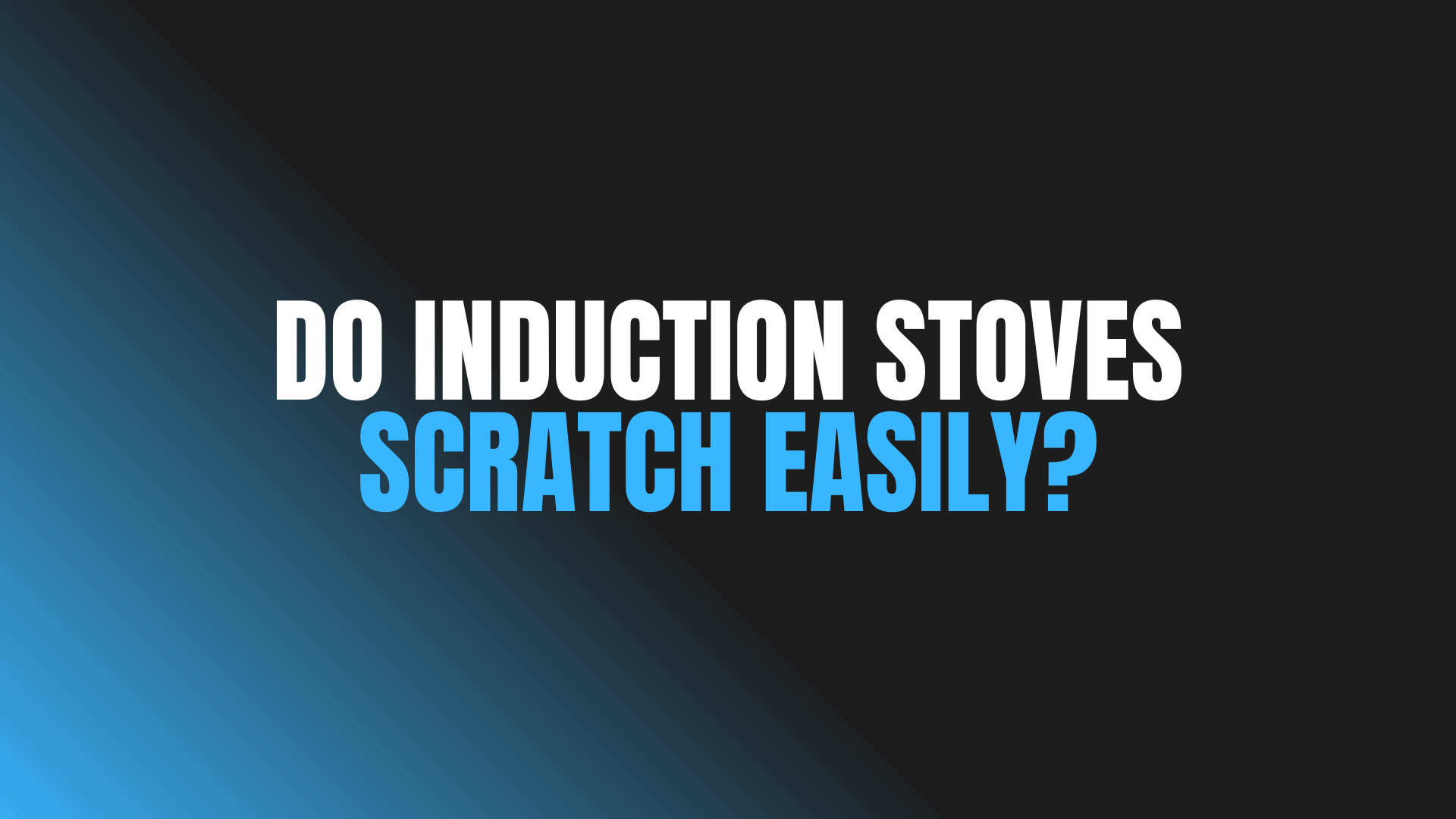
Question: Do Induction Stoves Scratch Easily?
Answer: Yes, induction stoves can scratch although they are generally durable. Avoid sliding heavy or rough cookware across the surface.
Induction Stovetop Durability
Induction stoves offer sleek designs and rapid heating. Many homeowners wonder about their durability, particularly regarding scratches. Do induction stoves scratch easily? This article examines the susceptibility of induction cooktops to scratches, exploring factors that contribute to scratching and providing practical tips for maintaining a pristine surface. We will cover common cookware materials and their potential impact on your smooth-top stove. Learn how to clean your induction cooktop effectively and discover preventative measures to keep it looking its best.
Understanding the composition of the cooktop surface is crucial for proper care. We’ll delve into the materials used in induction stovetops and how they react to different situations. This knowledge empowers you to make informed choices about cookware and cleaning methods. By understanding the factors influencing scratch resistance, you can prolong the life and beauty of your induction stove.
Understanding Induction Cooktop Surfaces
Induction cooktops feature a smooth, glass-ceramic surface. This material, often a type of glass-ceramic called Schott Ceran, provides durability and heat resistance. Manufacturers design these surfaces to withstand high temperatures and regular use. However, they are not impervious to damage.
The glass-ceramic surface resists scratches better than standard glass but remains vulnerable to abrasive materials. Sharp or coarse objects can cause scratches if dragged across the surface. Understanding the nature of this material helps inform proper care practices.
While the surface offers substantial protection, it requires specific care. Avoiding harsh chemicals and abrasive cleaners is essential. Gentle cleaning methods preserve the cooktop’s smooth finish and prevent unsightly scratches.
Click here for more information on refacing kitchen cabinet doors Toronto
Related Article: How Does an Induction Oven Work?
Related Article: Can You Use Regular Baking Pans in an Induction Oven?
Cookware and Scratching
The type of cookware you use influences the likelihood of scratches. Cast iron cookware, while excellent for heat retention, poses a higher scratch risk due to its weight and rough base. Copper-bottomed pans can also scratch the surface, especially with improper handling.
Lightweight cookware with smooth bases, such as stainless steel or anodized aluminum, generally presents less risk. Choosing cookware with rounded edges further reduces the chance of scratching. Always lift cookware; never drag it across the surface.
Consider using protective mats or liners designed for induction cooktops. These create a barrier between the cookware and the cooktop surface, minimizing the risk of scratches. Silicone or fibreglass mats offer effective protection. Select mats designed specifically for induction cooking.
Cleaning Practices for Scratch Prevention
Proper cleaning practices play a vital role in preventing scratches. Before cleaning, ensure the cooktop is cool. Wipe up spills immediately to prevent them from hardening and becoming difficult to remove.
Use a soft cloth or sponge with a mild detergent or specialized induction cooktop cleaner. Avoid abrasive cleaners, scouring pads, or harsh chemicals. These can damage the surface and create micro-scratches.
For stubborn, burnt-on food, apply a paste of baking soda and water. Let it sit for a few minutes, then gently wipe it away. A scraper designed for ceramic cooktops can also help remove stuck-on food without scratching the surface. Always use a plastic or silicone scraper.
Preventing Scratches: Best Practices
Preventing scratches requires a combination of mindful practices and preventative measures. Always lift cookware; never slide or drag it across the cooktop.
Use trivets or heat-resistant mats to place hot cookware on, protecting the cooktop from extreme temperature changes. Avoid placing sharp or abrasive objects on the cooktop surface.
Clean the cooktop regularly with appropriate cleaning products and tools. This prevents the buildup of grit and grime that can scratch the surface. Promptly address spills and splatters to prevent them from hardening and becoming difficult to remove.
Conclusion
Induction stoves, while durable, require proper care to prevent scratches. The smooth glass-ceramic surface, though resistant to high temperatures, remains vulnerable to abrasive materials and improper handling. By understanding the factors that contribute to scratching, you can take steps to protect your cooktop.
Selecting appropriate cookware, implementing proper cleaning techniques, and adopting preventative measures will help maintain the pristine appearance and functionality of your induction stove. With mindful use and regular maintenance, you can enjoy the benefits of induction cooking for years to come.

Blue Malue Get in touch with Blue here.
